Small butterwort
Small butterwort (Pinguicula pumila) is a diminutive, insectivorous wildflower found in wet pinelands and prairies throughout most of Florida. It blooms winter through spring.
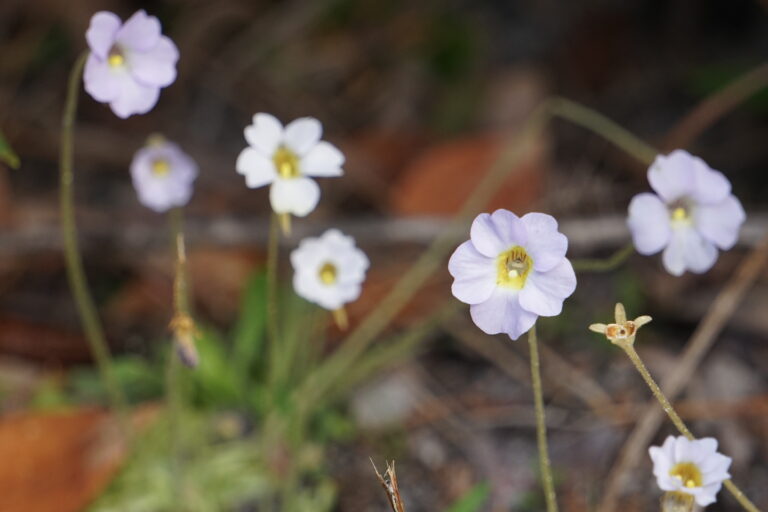
Small butterwort (Pinguicula pumila) is a diminutive, insectivorous wildflower found in wet pinelands and prairies throughout most of Florida. It blooms winter through spring.
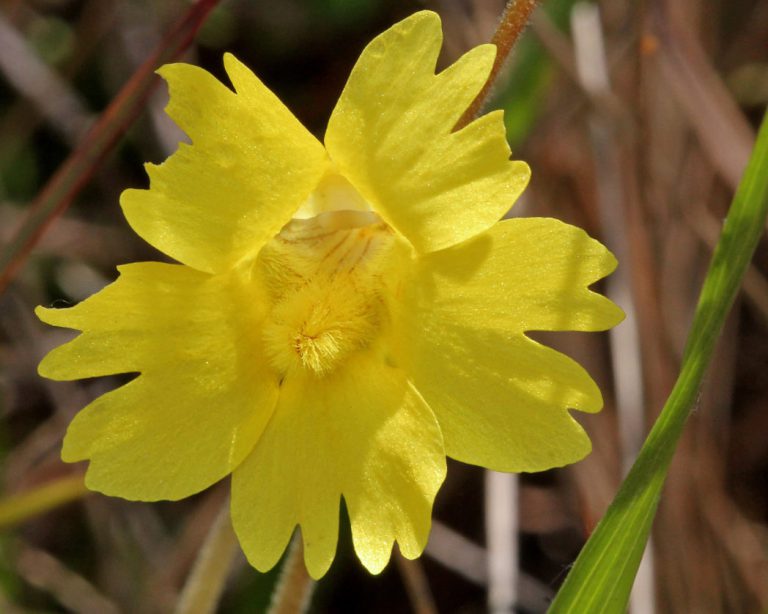
Yellow butterwort (Pinguicula lutea) is a state-listed threatened carnivorous plant found in wet pine flatwoods, wet prairies and seepage slopes. Its solitary blooms appear late winter into spring.
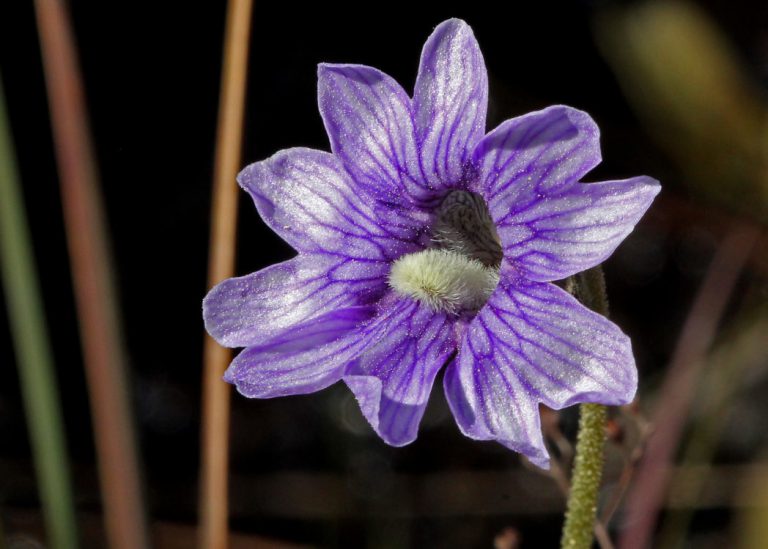
Blueflower butterwort (Pinguicula caerulea) is an insectivorous wildflower that typically blooms between January and May. It occurs naturally in bogs and low pinelands throughout much of the Florida peninsula.
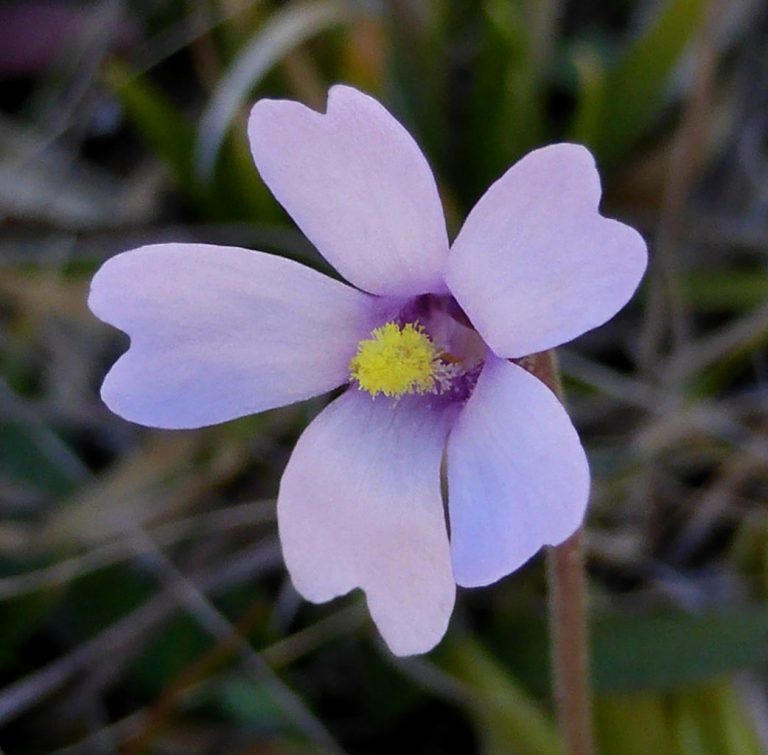
Violet butterwort (Pinguicula ionantha) is a rare insectivorous wildflower. That’s right — it eats insects! Hairs on its leaf surface secrete a sticky substance in which insects become trapped.
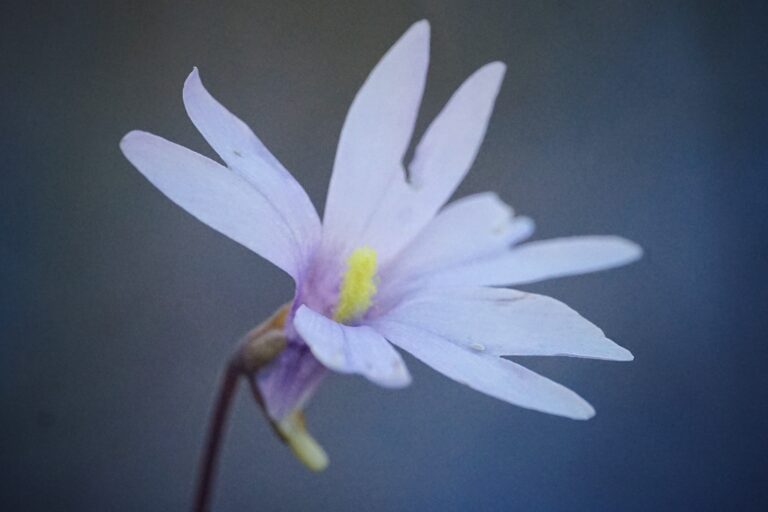
Chapman’s butterwort is an insectivorous wildflower that blooms from January through April. It occurs in wet habitats from bogs, cypress domes, depressions in wet flatwoods and prairies to roadside ditches. Listed as state-threatened, it is susceptible to drought conditions, drainage, habitat loss and illegal collection.
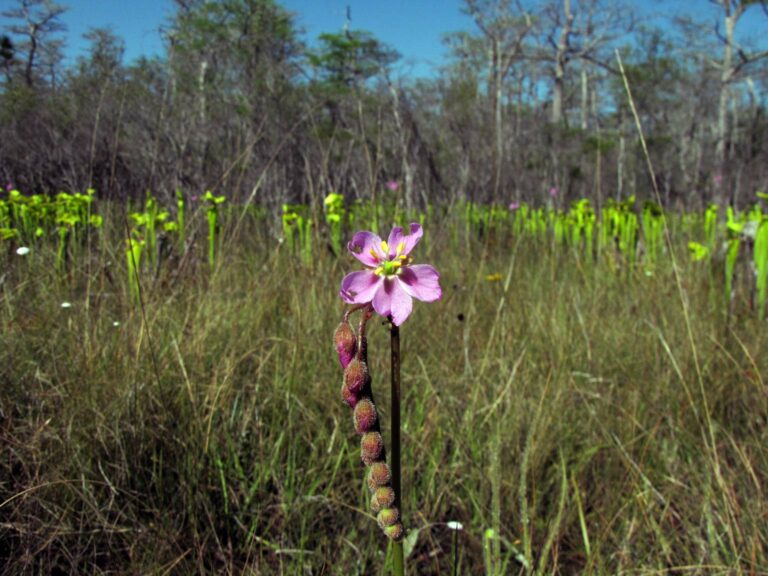
Many wildflowers bloom in the spring. Among them are carnivorous plants, and Florida has many to offer. Read our spring bloom report to learn where to see them.
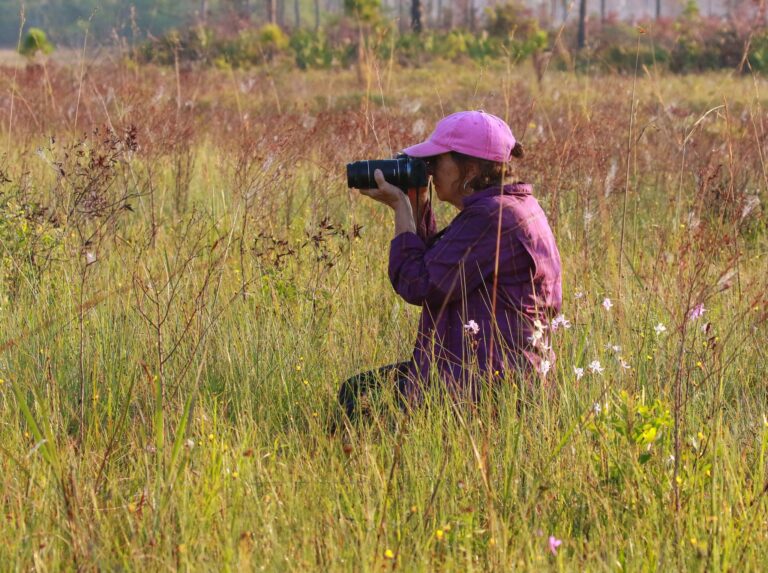
CJ McCartney joined the Florida Wildflower Foundation board in October 2022 and is an inspirational environmental educator making a big impact in South Florida!
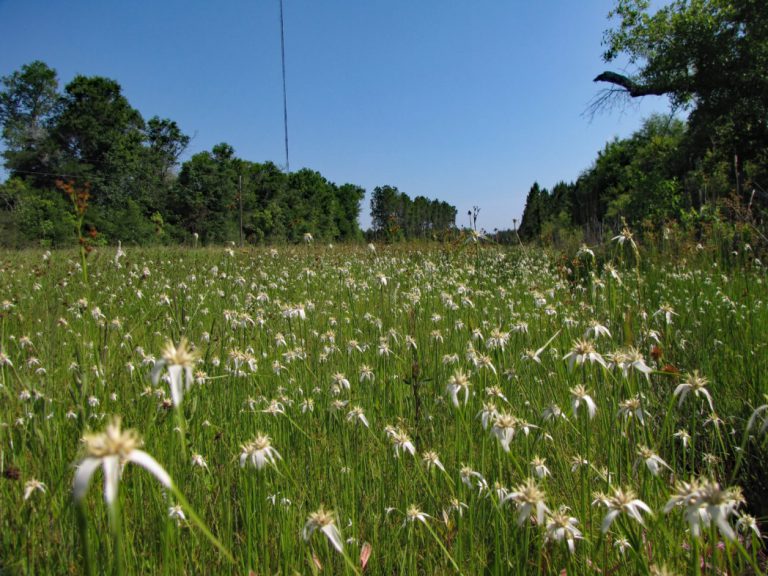
This bloom report is from spring 2019. Spring is the time of year that many of us associate with blooming plants – for good reason.
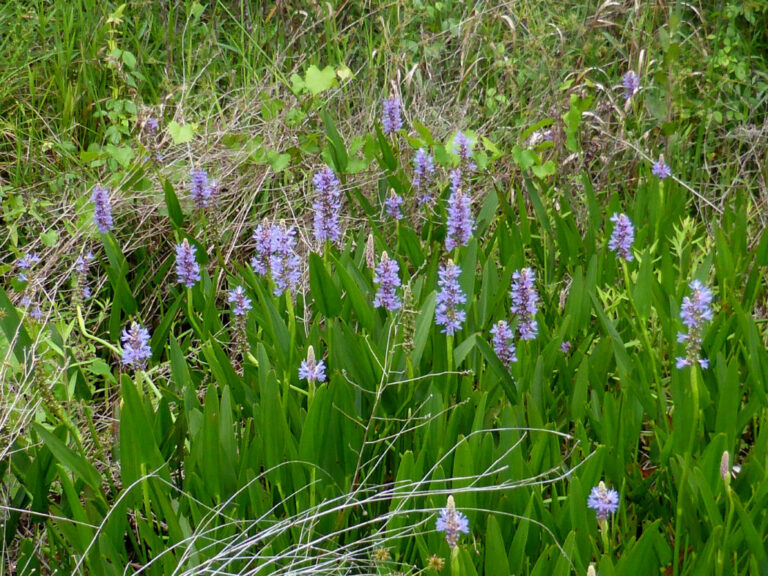
This bloom report is from March 2021. Drought may develop over the next few months from North Central Florida to South Florida, according to the Climate Prediction Center, so the time is now for spring wildflower viewing.
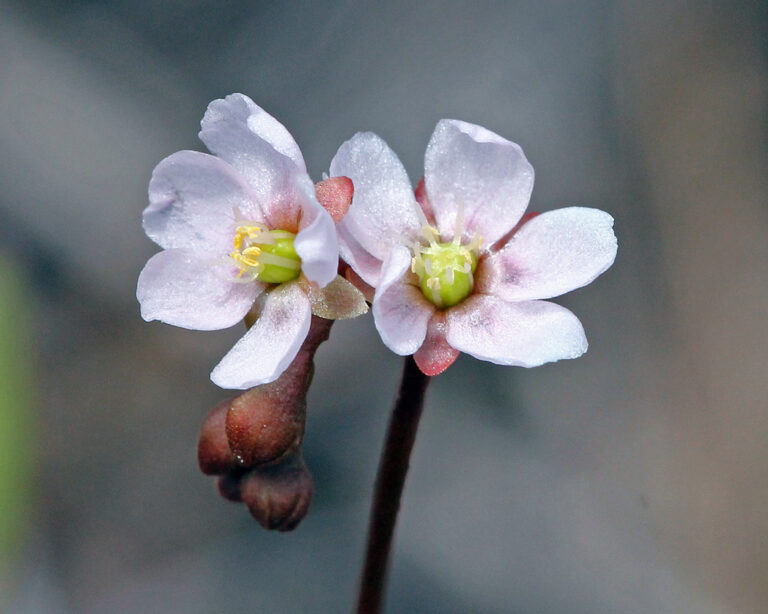
Pink sundew (Drosera capillaris) is an insectivorous wildflower that grows in abundance in wet pinelands, savannas and bogs, where it can form a glistening red carpet.